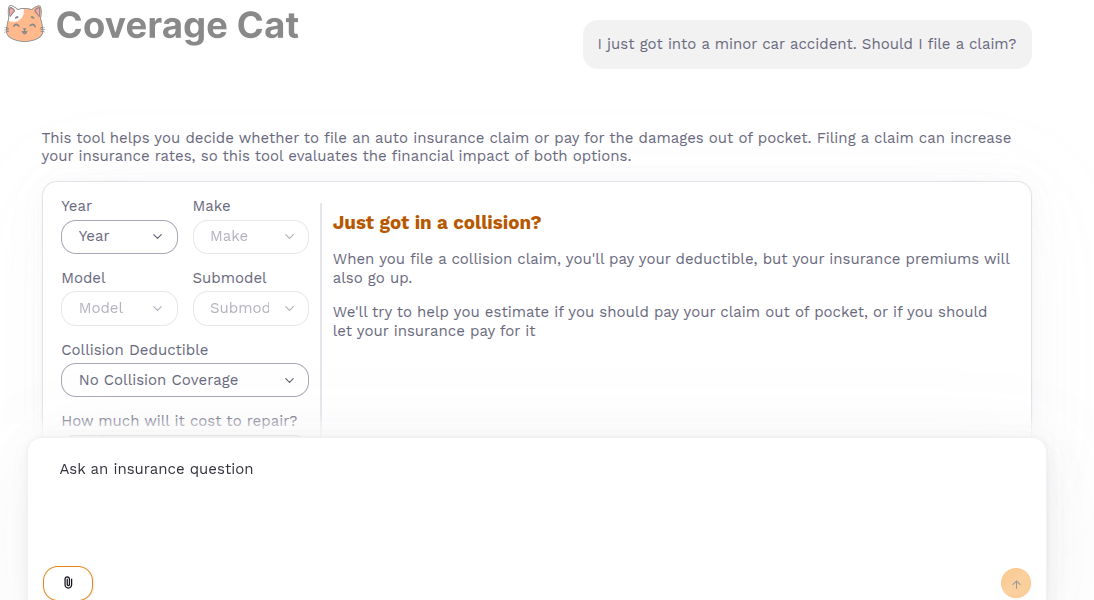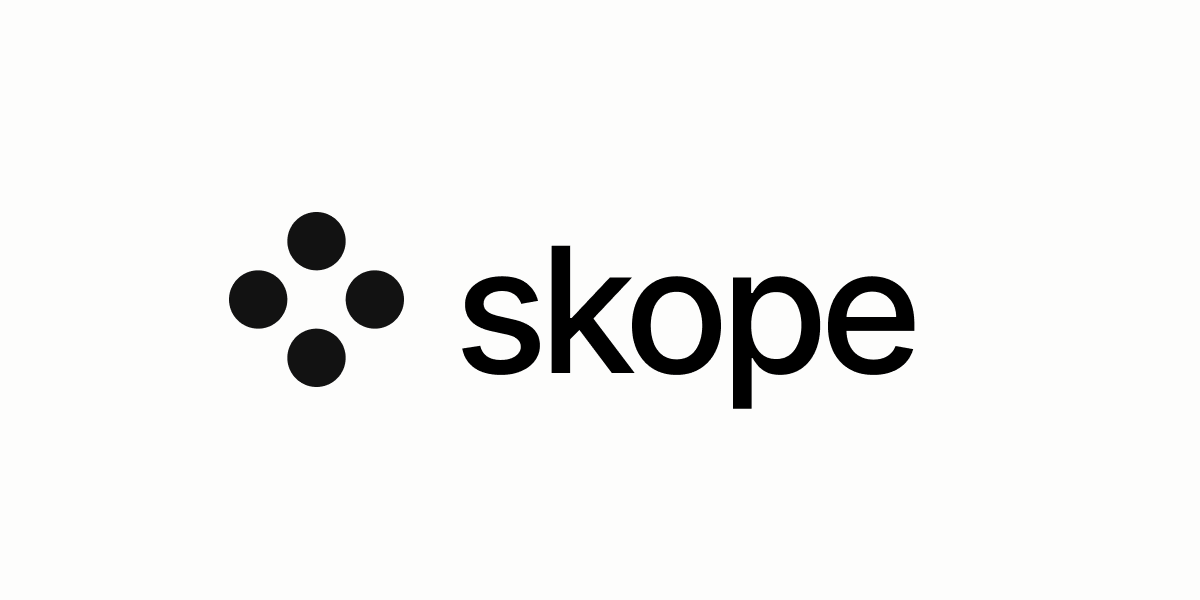Choosing the right payroll and HR solution is one of the most critical decisions for any growing business.
Choosing the right payroll and HR solution is one of the most critical decisions for any growing business. Gusto and ADP TotalSource represent two distinct approaches to handling these essential business functions, each with unique strengths and limitations. While Gusto offers modern, cloud-based payroll software with expanding HR capabilities, ADP TotalSource provides a comprehensive Professional Employer Organization (PEO) solution with full-service HR support.
What Makes These Platforms Different?
The fundamental difference between Gusto and ADP TotalSource lies in their service models. Gusto operates primarily as a software-as-a-service (SaaS) platform, providing tools that enable businesses to manage their own payroll and HR functions through an intuitive interface. While Gusto handles tax calculations and filings, the business remains the employer of record and maintains control over HR processes. Gusto's platform emphasizes automation, offering features like paperless onboarding, employee self-service, and time tracking to simplify complicated HR processes.
ADP TotalSource operates as a Professional Employer Organization (PEO), creating a co-employment relationship where ADP becomes the employer of record for tax purposes. This arrangement allows ADP to take on significant legal responsibilities and liabilities while providing businesses with access to enterprise-level benefits and comprehensive HR support. The PEO model assigns dedicated HR professionals to each client business, offering personalized guidance on complex matters like workplace policies and regulatory compliance across all 50 states.
This structural difference impacts everything from implementation to daily operations. With Gusto, businesses maintain more direct control but also shoulder more responsibility for HR decisions and compliance. With ADP TotalSource, businesses gain access to deeper expertise and infrastructure but share employment responsibilities with the PEO. Small businesses with limited HR expertise often benefit from ADP's full-service approach, while companies with established HR processes might prefer Gusto's flexible, self-directed platform.
Software vs PEO: Key Differences
When evaluating these platforms, understanding the practical implications of their different service models helps clarify which might better suit your business needs:
- Gusto's SaaS approach:
- Maintains your company as the employer of record
- Provides tools for self-management of HR and payroll
- Offers greater direct control over processes and decisions
- Requires more internal responsibility for compliance
- ADP's PEO model:
- Establishes co-employment relationship
- Provides access to enterprise-level benefits packages
- Offers dedicated HR professionals as extensions of your team
- Shares legal liability for certain employment matters
Both approaches have merit depending on your business size, industry, and internal capabilities. Smaller companies with straightforward needs often gravitate toward Gusto's user-friendly platform, while businesses facing complex HR challenges frequently find value in ADP TotalSource's comprehensive support structure.
How Much Will You Pay?
Pricing represents one of the most significant differentiators between these platforms. Gusto employs a transparent pricing model with published rates starting at $49 monthly plus $6 per employee per month for its Simple plan. The Plus plan costs $80 monthly plus $12 per employee, while the Premium plan requires custom pricing. Gusto's contractor-only option charges $35 monthly plus $6 per contractor, making it particularly attractive for businesses working primarily with freelancers.
ADP TotalSource, like most PEOs, does not publish standard pricing. Its costs typically range from 2-7% of total payroll, depending on company size, industry, location, and selected services. For a small business with ten employees earning an average of $50,000 annually, this could translate to approximately $10,000-35,000 yearly. While significantly higher than software-only solutions like Gusto, this cost includes comprehensive HR services, benefits administration, and risk management that would otherwise require hiring internal HR staff.
When conducting a cost analysis, businesses must consider not just the direct platform fees but the total cost of ownership. Gusto's lower subscription fees may be offset by the need for additional HR expertise or supplementary solutions as a business grows. Conversely, ADP TotalSource's higher costs might be justified by reduced legal exposure, access to better benefits rates, and time saved on HR administration.
Value Considerations Beyond Price
Cost evaluation should extend beyond monthly fees to consider the value each platform delivers:
- Transparency factors:
- Gusto offers predictable, published pricing that scales linearly
- ADP requires custom quotes based on multiple business factors
- Hidden costs may emerge with either platform as needs evolve
- Implementation expenses differ significantly between options
- Return on investment elements:
- Time savings from automation and streamlined processes
- Reduced compliance risk and potential penalty avoidance
- Access to better benefits rates through collective purchasing
- Decreased need for specialized internal HR expertise
For businesses with fewer than 10 employees focused primarily on payroll processing, Gusto typically offers better value. However, as companies grow and HR complexities increase, ADP TotalSource's comprehensive offering may provide better long-term value despite higher upfront costs.
How User-Friendly Are These Platforms?
Gusto has earned a reputation for its exceptionally user-friendly interface, designed with small business owners in mind. Its modern, intuitive dashboard presents information clearly with a clean aesthetic that makes navigation straightforward even for users without technical expertise. The onboarding process typically takes just a few days to set up payroll and benefits, with guided setup and templates that simplify the transition. Users consistently praise Gusto's interface, with many noting that its design eliminates the need for extensive training or technical support.
ADP TotalSource provides a more comprehensive but consequently more complex implementation process. As a PEO, setup involves transferring employer responsibilities, configuring HR policies, and establishing service relationships. This process typically takes several weeks and requires significant input from business stakeholders. ADP has made considerable improvements to its user interface in recent years, but its platform still reflects the complexity of the services it provides.
The different approaches to user experience reflect each platform's core philosophy. Gusto emphasizes self-service and automation to make HR manageable for non-specialists, while ADP TotalSource focuses on service delivery through both technology and human expertise. Businesses should consider their team's technical proficiency and the time they can dedicate to platform management when making their selection.
Setup and Implementation Realities
The initial experience with each platform sets the tone for ongoing use:
- Gusto's streamlined setup typically completes within 1-2 weeks
- ADP TotalSource implementation usually requires 3-6 weeks
- Gusto offers guided self-service setup with minimal paperwork
- ADP provides dedicated implementation specialists but requires more extensive documentation
Companies with limited administrative resources often appreciate Gusto's simplicity, while those requiring more comprehensive HR support might find ADP TotalSource's service-oriented approach more valuable despite the longer implementation timeline and steeper learning curve.
What Payroll Features Do They Offer?
Both platforms offer robust payroll processing capabilities but with different emphases and strengths. Gusto excels at making payroll accessible and efficient for small businesses, supporting multiple pay schedules, unlimited payroll runs, and automated tax filings at no additional cost. Its payroll system seamlessly integrates with time tracking, benefits administration, and PTO management within the platform. Gusto supports both W-2 employees and 1099 contractors and offers features like multiple pay rates, garnishment payments, and off-cycle payments.
ADP TotalSource's payroll processing capabilities benefit from ADP's decades of expertise in this domain. The platform handles complex scenarios including multi-state payroll, specialized industry requirements, and various compensation structures. As a PEO, ADP TotalSource takes on the legal responsibility for payroll tax compliance, providing an additional layer of protection for businesses. The platform offers sophisticated reporting capabilities, payroll analytics, and integrations with accounting systems.
For businesses with straightforward payroll needs operating in one or two states, Gusto's user-friendly system typically provides all necessary functionality. However, businesses with complex compensation structures, employees in multiple states or countries, or industry-specific payroll requirements may benefit from ADP TotalSource's more sophisticated capabilities and expertise.
Tax Management Capabilities
Tax compliance represents a critical aspect of payroll processing where these platforms take different approaches:
- Gusto's tax handling:
- Automatically calculates and files federal, state, and local taxes
- Generates and distributes W-2s and 1099s electronically
- Handles tax registration in new states as businesses expand
- Provides year-end tax form preparation and filing
- ADP TotalSource's tax services:
- Takes legal responsibility for tax compliance as co-employer
- Manages complex multi-jurisdiction tax scenarios
- Provides tax expertise for specialized industries and situations
- Offers audit support and representation if tax issues arise
The decision ultimately depends on the complexity of your payroll process and whether you prefer managing it yourself through intuitive software or outsourcing it to specialists with deeper expertise and resources.
How Do Their HR Features Compare?
Benefits administration represents another area where these platforms take fundamentally different approaches. Gusto offers benefits administration as part of its platform, allowing businesses to offer health insurance in 39 states, dental and vision coverage, HSAs, FSAs, commuter benefits, and retirement plans. The platform streamlines benefits enrollment with a user-friendly interface that helps employees compare plans and make selections. While Gusto negotiates with insurance providers, businesses still purchase plans directly and remain responsible for benefits administration.
ADP TotalSource, as a PEO, offers access to enterprise-level benefits that small businesses typically couldn't access independently. Through the co-employment relationship, employees join ADP's larger pool, potentially accessing better rates on health, dental, vision, life, and disability insurance. ADP TotalSource also offers retirement plans, wellness programs, tuition assistance, and other benefits typically associated with larger employers. The PEO handles compliance with benefits-related regulations, including ACA reporting, COBRA administration, and leave management.
Beyond benefits, both platforms offer HR tools with different capabilities. Gusto provides essential HR features like employee onboarding, document management, and time-off tracking. Its more advanced plans include team surveys, performance reviews, and dedicated HR support. ADP TotalSource delivers comprehensive HR services including policy development, employee relations support, performance management tools, training resources, and workplace compliance guidance.
Employee Management Tools
The day-to-day tools for managing your workforce vary significantly between platforms:
- Gusto offers intuitive employee self-service portals for personal information updates
- ADP provides more comprehensive performance management and development tools
- Gusto includes basic document storage and electronic signature capabilities
- ADP TotalSource delivers extensive policy libraries and compliance documentation
Businesses must consider whether they need basic HR tools they can manage themselves (favoring Gusto) or comprehensive HR infrastructure and expertise (favoring ADP TotalSource). The decision often depends on the complexity of their HR needs and whether they have in-house HR expertise.
How Well Do They Handle Compliance?
Regulatory compliance represents a critical concern for businesses of all sizes, with potential financial and legal consequences for non-compliance. Gusto addresses compliance primarily through its software features, automating tax calculations, filings, and new hire reporting across all U.S. jurisdictions. The platform keeps track of changing regulations and updates its system accordingly. Higher-tier Gusto plans provide access to HR professionals who can offer compliance guidance, though these resources are more limited compared to a full PEO.
ADP TotalSource takes a more comprehensive approach to compliance and risk management as part of its PEO model. The platform provides dedicated compliance specialists, ongoing policy reviews, and proactive guidance on regulatory changes at federal, state, and local levels. ADP TotalSource assists with workplace safety compliance, including OSHA requirements, and offers workers' compensation coverage with claims management. The platform provides robust documentation and record-keeping systems that help businesses demonstrate compliance during audits or inquiries.
Perhaps most significantly, as co-employer, ADP TotalSource shares legal responsibility for certain compliance aspects, reducing the business's exposure. This shared liability represents a significant value proposition for businesses in highly regulated industries or those lacking internal compliance expertise. Companies with simpler regulatory environments or established compliance processes might find Gusto's automated tools sufficient for their needs.
Risk Management Approaches
Each platform offers different levels of protection against common business risks:
- Gusto's risk mitigation:
- Automated compliance with tax filing deadlines and requirements
- Basic HR compliance guidance through templates and resources
- Limited HR advisory services with higher-tier plans
- Employee handbook creation tools with customizable templates
- ADP's risk protection:
- Shared employer liability for certain compliance matters
- Proactive monitoring of regulatory changes affecting your business
- Dedicated specialists for workplace safety and risk management
- Comprehensive employment practices liability insurance options
The difference in compliance approaches reflects the core distinction between software and PEO models. Gusto provides tools that make compliance more manageable for businesses handling their own HR, while ADP TotalSource delivers comprehensive compliance expertise and shared liability through its service model.
Which Platform Offers Better Support?
The service models for these platforms differ substantially, reflecting their fundamental business approaches. Gusto provides customer support primarily through phone, email, and chat channels Monday through Friday, with limited weekend availability. Higher-tier plans offer dedicated support representatives and priority service. Users consistently praise Gusto's support team for their responsiveness and expertise, noting that representatives understand the challenges small businesses face.
ADP TotalSource delivers a more high-touch service model appropriate to its PEO offering. Clients receive dedicated support teams, including an HR business partner, payroll specialist, and benefits consultant who become familiar with their specific business needs. These specialists provide proactive guidance rather than just reactive problem-solving. ADP's support extends beyond platform usage to include strategic HR consultation, regulatory guidance, and employee relations assistance.
This comprehensive support represents a core value proposition of the PEO model, essentially functioning as an extension of the client's management team. The difference in support models directly impacts pricing but also reflects different business needs. Companies lacking internal HR expertise or requiring hands-on guidance will find significant value in ADP TotalSource's service-oriented approach despite higher costs.
Self-Service Resources
Both platforms supplement their direct support with various self-service options:
- Gusto offers extensive knowledge base articles and video tutorials
- ADP provides comprehensive training programs and certification options
- Gusto maintains a resource library covering common HR and payroll topics
- ADP TotalSource delivers industry-specific compliance guides and best practices
Businesses with established HR processes looking primarily for efficient tools may find Gusto's support model more than adequate for their needs. The decision often depends on whether a company views HR as a strategic function requiring dedicated expertise or an administrative process that can be efficiently managed through well-designed software and occasional support.
Which Platform Should You Choose?
Selecting between Gusto and ADP TotalSource ultimately requires a thorough assessment of your business's specific needs, growth trajectory, and administrative philosophy. Gusto typically appeals to small businesses, startups, and organizations with straightforward HR needs that prioritize user-friendly software, transparent pricing, and modern design. Its cost-effective approach works particularly well for companies with fewer than 50 employees seeking to automate payroll and basic HR functions while maintaining direct control over these processes.
ADP TotalSource serves businesses seeking comprehensive HR infrastructure and expertise without building an extensive internal department. Its PEO model provides access to enterprise-level benefits, deep compliance support, and dedicated HR professionals who function as extensions of the client's team. While more expensive than software-only solutions, ADP TotalSource often delivers value through reduced administrative burdens, mitigated compliance risks, and access to better benefits rates.
When making this decision, consider not just your current situation but your 3-5 year business plan. Evaluate the complexity of your workforce, geographic distribution, benefits needs, and compliance requirements. Assess your internal HR capabilities and whether you prefer direct control or expert guidance. By thoroughly analyzing these factors against each platform's strengths and limitations, you can select the solution that best positions your business for efficient operations and sustainable growth.
Ideal Business Scenarios
Certain business profiles tend to align better with each platform:
- Gusto works best for:
- Startups and small businesses with fewer than 50 employees
- Companies with straightforward payroll needs in limited locations
- Businesses with some internal HR capability seeking automation
- Organizations prioritizing user experience and cost transparency
- ADP TotalSource suits:
- Growing businesses with 25-500 employees facing increasing complexity
- Companies operating in multiple states with compliance challenges
- Organizations lacking internal HR expertise or bandwidth
- Businesses seeking enterprise-level benefits for talent attraction
Your specific industry, growth plans, and administrative philosophy should guide your final decision between these powerful but distinctly different platforms.
Simplify Startup Finances Today
Take the stress out of bookkeeping, taxes, and tax credits with Fondo’s all-in-one accounting platform built for startups. Start saving time and money with our expert-backed solutions.
Get Started









.png)









